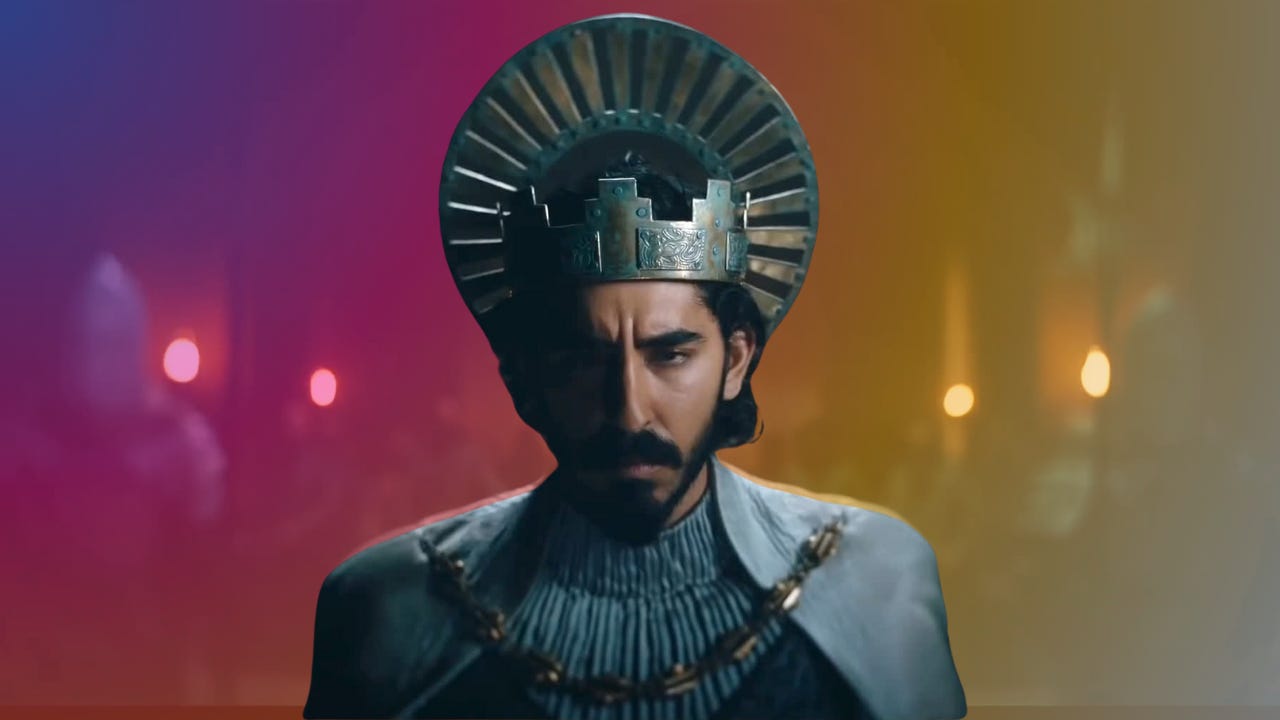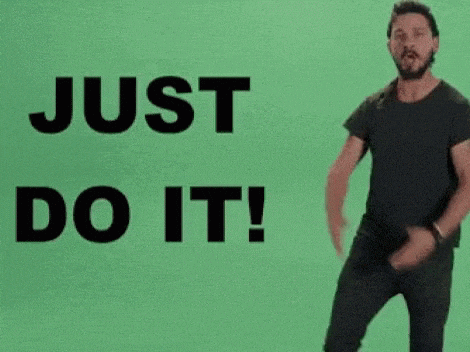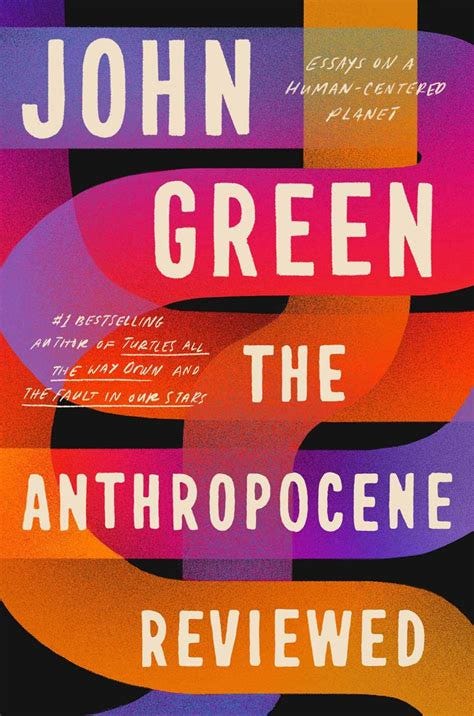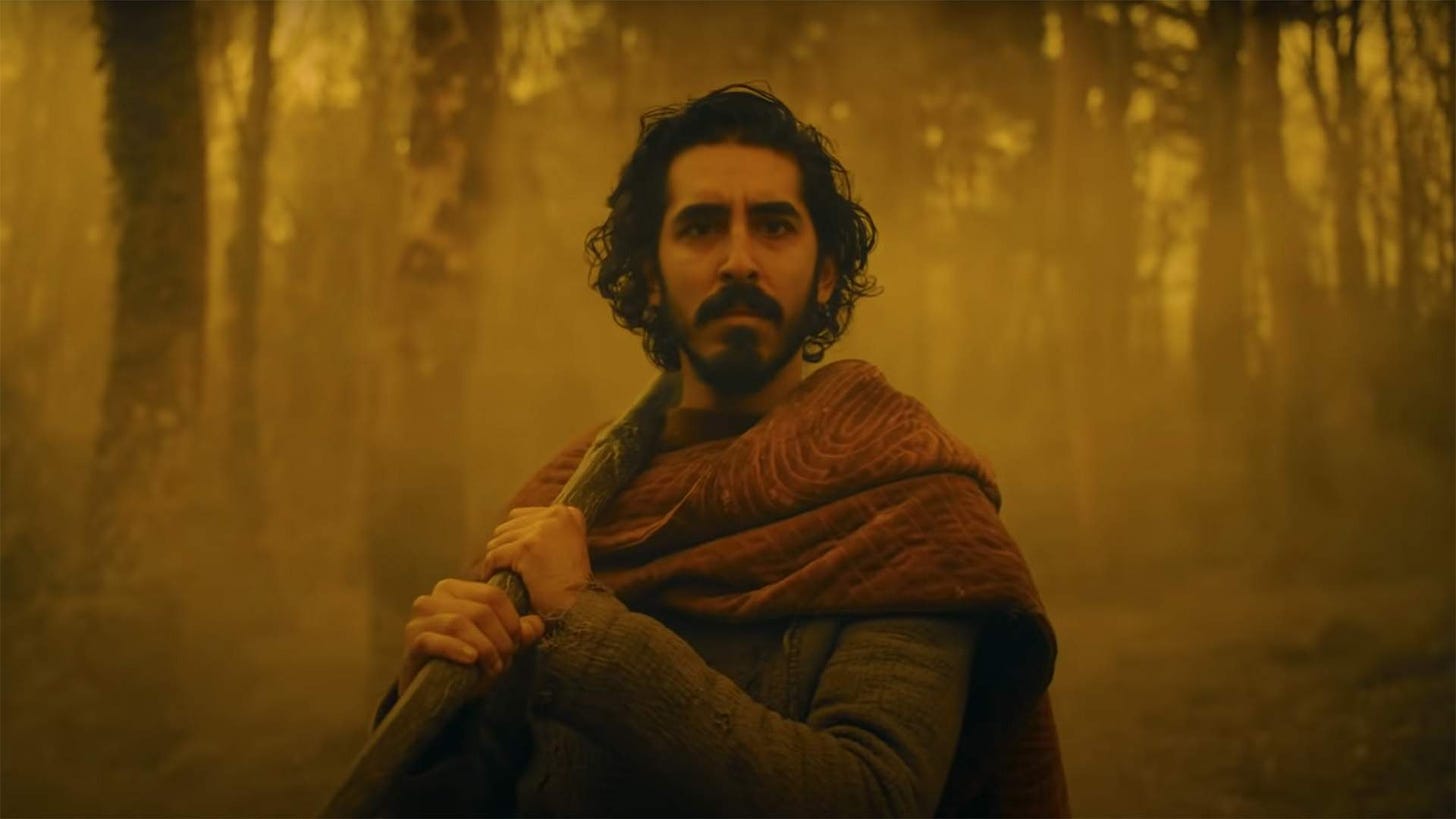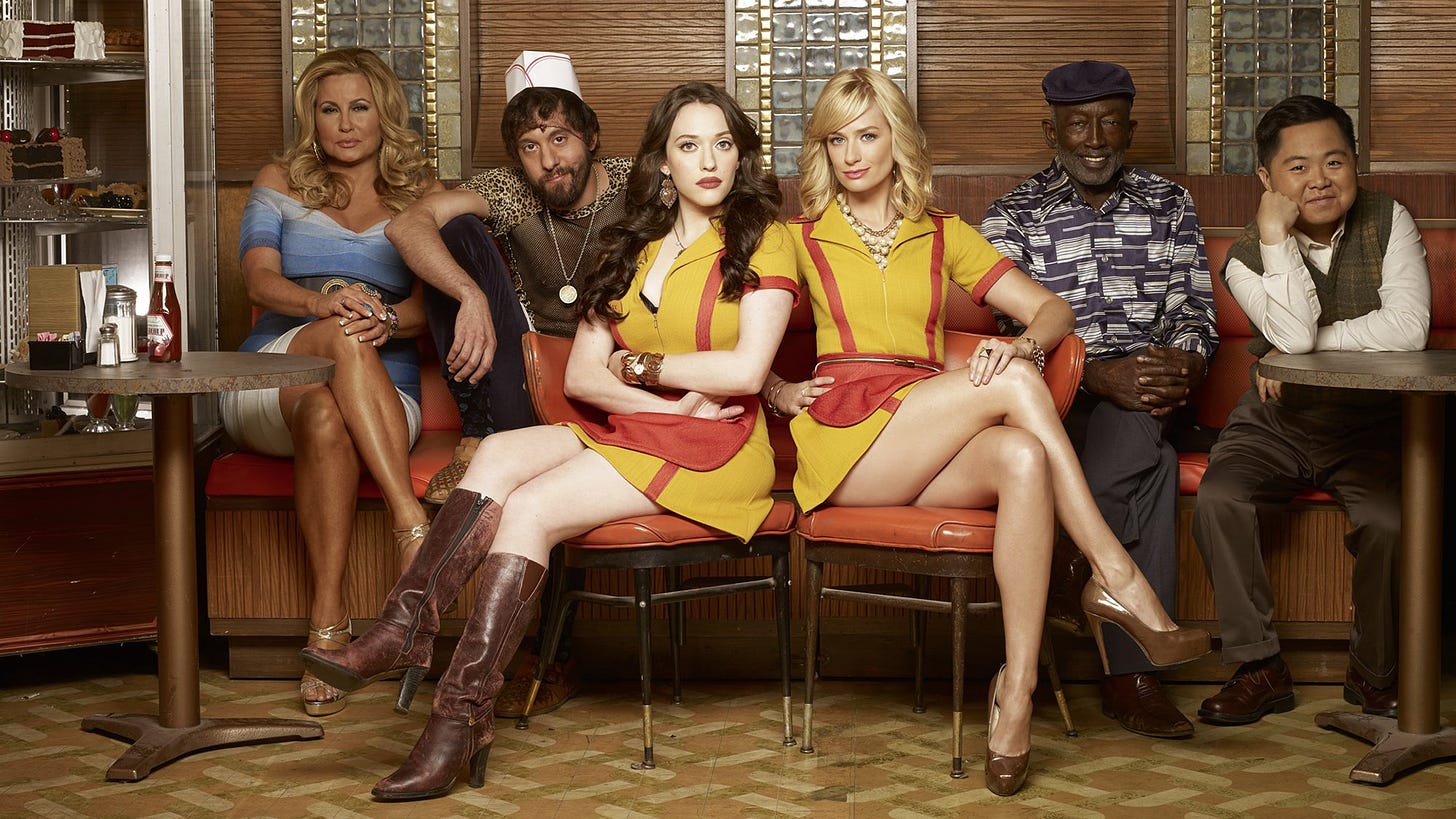“I was terrified that if I tried my hardest, the world would learn I didn't actually have that much potential”, John Green
When I read this quote from John Green's The Anthropocene Reviewed I immediately underlined it. He put words to what I felt, which is what talented writers do. For some activities I feel paralyzed. I don't want to try, because I fear my efforts won't be good enough.
What makes me paralyzed to do some things and not others? After all, I have tried all types of new things in the past seven years or so. I moved to another continent, I started a new long-term relationship, I began writing this newsletter, I formed a book club, and I even began taking pole dance classes. I did many things I never thought I would do, but still, there are others I am afraid to even begin with. Or to be more accurate, I start, but then stop, afraid I'm not good enough and will never be able to do them.
I'm a logical person. I know it doesn't make sense. Fear is never logical.
Moreover, I am familiar with all the advice people give others about overcoming their fear of failing: “break it into smaller chunks!”, “do it scared!”, “everyone doubts themselves", etc.
I also understand that failure is not an issue. Failing is part of life, part of learning. You won't see a baby angry about not being able to walk yet. They will try it again. You won't see them afraid of trying or giving up because they cannot walk right now. They just do it.
There are also so many examples of failing being a worthwhile effort and a crucial stepstone for all types of successful people. For instance, John Green himself talks about a book he wrote and never saw the light of day. He explains that only one phrase in his whole book was used elsewhere. However, how much it helped him learn and how useful it was to write it anyway. He figured a lot out from that book, about what worked and what didn't, which he then applied to his published books.
Another writer that talks openly about failure is Gabrielle Zevin from the bestselling Tomorrow, and Tomorrow, and Tomorrow. In an interview she even said that she actually enjoys failing. Just like her character Sadie in her book, she feels much more inspired and ready to try a variety of approaches. After failing, she also has much more time for herself and can work on her next project. When one of her books is a big success, people ask her for interviews, appearances and all kinds of social events.
With her successes people also pressured her to write sequels or publish very similar books. Having written in different genres and topics throughout her career, she is not really interested in that.
Another story I really enjoy about failure is from movie scorer Paul William. During his 30s, he made the soundtrack for Phantom of Paradise, a 1974 movie. The movie was a flop in the US and around the world. It only succeeded in Winnipeg and Paris. Years later, a teenager came to him after a concert with a Phantom of Paradise soundtrack album to sign. The teenager was Guillermo del Toro and that would lead to them working together on a musical adaptation of the movie Pan's Labyrinth years later.
The Phantom of Paradise was also a favorite of Daft Punk's leaders. They saw it over 20 times and reached out to, at the time 70 year-old Paul William, to work with them on the album Random Access Memories. This album was critically acclaimed and won 5 Grammy awards in 2014.
It illustrates how (1) not everyone has to enjoy what you do, (2) success can mean different things at different times, (3) you never know what will happen, and (4) never consider anything you do a failure.
In contrast, having your book, especially a debut, become an immediate success can be a challenge. Elizabeth Gilbert, the author of Eat, Pray, Love, had a hard time following up on its immense success. She discussed that in her TED talk. Even someone like George R.R. Martin, who has written many books seems to struggle with how successful his Ice and Fire book series has been. This led him to linger on years and now decades-long blocks.
Expectations
Success also brings more expectations. And a lot of fear can come from believing you are unable to accomplish what you or others expect from your work.
In Tomorrow, and Tomorrow and Tomorrow, Sadie's character talks about the distance between what one can do with their skills and what they want to do. This mismatch between what you imagine your work will be and what you can really do.
That's probably the biggest difficulty here. Fearing that our best efforts won't be enough to deliver a final creation that aligns with all our expectations.
While Gabrielle Zevin looks at it pragmatically in terms of skills, "best efforts" are a little less tangible and have more of a core sense that we are not good enough to accomplish something we imagine. Skills can be acquired and improved over time. It takes time, but it's possible.
The truth is that creating something exactly as we imagine it is usually impossible. That's just how creativity works. Many artists say that what you create in the concrete world will never match what you imagined. That's why you also have to know when something is finished, because you can always improve it, working on it endlessly.
But skill is something else, and Zevin believes that in this book she finally closed this gap. Her skills finally match what she wanted to do. I guess it shows, because it was such a huge success.
Seeing your efforts as learning might be a better mantra than "do it scared!". Being OK with being a novice, a student, without a clue. Maybe even think of the time it would take to go through university again to learn what you want to do? Three, four, five years? Maybe that's your timeline for learning.
Tomorrow and tomorrow and tomorrow is Zevin's 10th book. It took her writing nine books to get to the point where she is finally confident in her skills. And she is definitely not upset about it taking ten books to get there. She likes all her books and has had time to grow with them without pressure and expectations. Being able to write all those books, with some failures, allowed her to grow and explore her writing skills in her own time.
Maybe that's the lesson here. It is important to not only see failure as a possibility for future success, but also to view the journey as an essential part of success. We all need to learn and it may take a long time to get there, but that's the fun of it. As the cliché goes, it's not about the final outcome, it's about the process.
I know it's easier said than done but that's what I'll constantly go back to. When I'm afraid I will never be as good as my imagination, I will focus on learning. Maybe my skills will someday also get to where I want them to be.
The Anthropocene Reviewed by John Green
I have already recommended Tomorrow, and tomorrow and tomorrow so I'll recommend The Anthropocene Reviewed. Based on a podcast with the same title, this book is filled with a collection of essays of reviews about every day life. He reviews different facets of the human-centered planet—from the QWERTY keyboard and Mario Kart to grass—on a five-star scale. I love John Green and all the essays bring some new knowledge and are very relatable.
The Green Knight (2020)
Can we escape our destiny and should we try? From the indie movie hit machine A24, The Green Knight is based on a story set in the world of King Arthur. In the movie, Arthur's youngest knight (and in some stories, his nephew), Sir Gawain (Dev Patel) takes up a challenge proposed by the Green Knight which leads him on a journey. He sets out to find the Green Knight and finds all kind of weird characters on his way there. It’s a lot to take in, but it’s visually stunning and definitely speaks about honour, fear and death.
Two Broke Girls (Amazon Prime)
Lately I haven't watched anything original that really caught my attention. I have watched all six seasons of Two Broke Girls, but to be honest, it's not a binge. You can watch a few loose episodes from time to time, because the jokes are quite repetitive and I feel like the writers didn't really want to explore the characters. Still, the cast is pretty good, which makes it worth checking out a few episodes loosely. Especially having Kat Dennings and Jennifer Coolidge who are very funny.





